Collections
-
-
Collection |
 The Human Cell Atlas: towards a first draft atlas
The Human Cell Atlas: towards a first draft atlas
Established in 2016, the Human Cell Atlas (HCA) consortium set out to create a comprehensive biological map of cells within the human body.
Image: Claire Agosti/SayoStudio; Concept: Ania Hupalowska -
Collection |
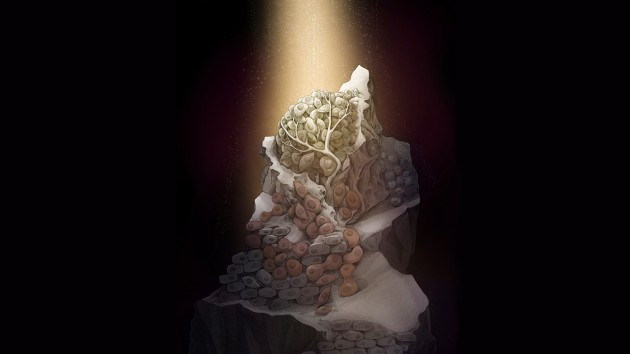 The Human Tumor Atlas Network (HTAN): exploring tumor evolution in time and space
The Human Tumor Atlas Network (HTAN): exploring tumor evolution in time and space
Studying the evolution of cancer malignancy in space and time provides clues that are crucial for understanding how tumors develop, how they evade the immune system, and how they resist therapy and recur.
Image: Jessica Johnson -
Collection |
 Nobel Prize in Physiology or Medicine 2024
Nobel Prize in Physiology or Medicine 2024
The 2024 Nobel Prize in Physiology or Medicine has been awarded jointly to Victor Ambros and Gary Ruvkun "for the discovery of microRNA and its role in post-transcriptional gene regulation".
-
Collection |
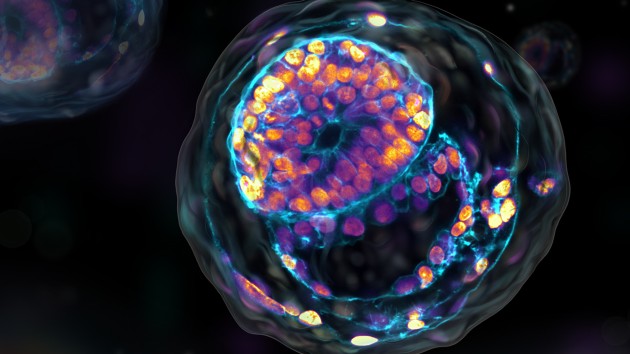 Innovations in Stem Cell Biology 2024
Innovations in Stem Cell Biology 2024
From the generation of embryo-like structures to the establishment of cell-based approaches to model or treat disease, the field of stem cell and developmental biology has impressively progressed during the past few months.
Image: Jacob Hanna and Maayan Visuals – Oldak B. et al. Complete human day 14 post-implantation embryo models from naive ES cells. Nature 622, 562–573 (2023). https://www.nature.com/articles/s41586-023-06604-5 -
Collection |
 Diversity in Human Genetics
Diversity in Human Genetics
With this Collection, Nature Communications, Nature Genetics, Communications Biology and Scientific Reports aim to publish research articles based on genetic studies in diverse human populations. This Collection includes the breadth of human genetics research, including but not limited to complex trait association studies, rare variant studies, population genetics and bioinformatics methods. We will also consider Reviews, Perspectives, and Comments addressing these topics.
Image: 【M】Franzi draws / stock.adobe.com -
Collection |
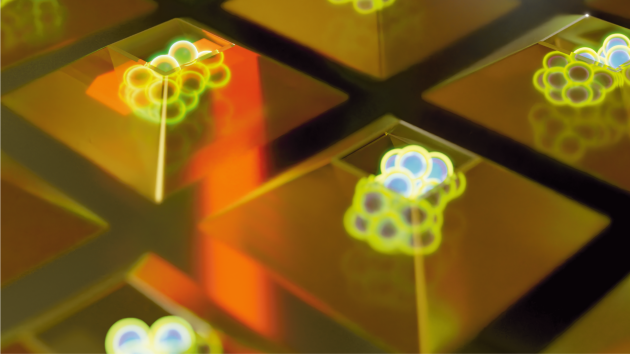 Innovations in Stem Cell Biology 2023
Innovations in Stem Cell Biology 2023
Stem cell models of development, regeneration, and disease are quickly advancing. New technologies and concepts are continuously combined with existing knowledge to create more realistic systems to improve our understanding of these intricate processes. In this collection, we highlight papers published in 2022-2023 across Nature Portfolio journals on topics including embryonic development and stem cells, reproductive biology, synthetic tissues and embryo models, clinical and translational research and tissue stem cells.
Image: Jean-Baptiste Sibarita, Virgile Viasnoff, and Anne Beghin -
Collection |
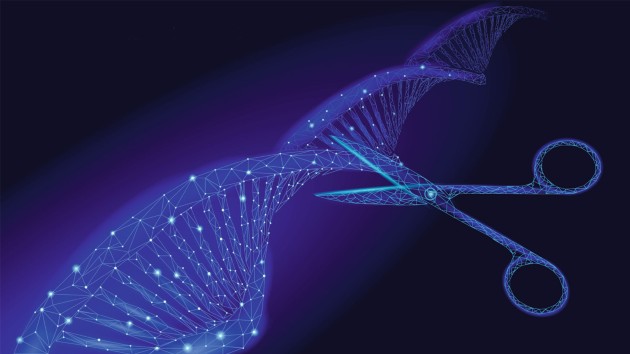 Genome editing
Genome editing
This Collection provides an overview of current progress in developing targeted genome editing technologies, including a selection of protocols for using and adapting these tools in your own lab.
Image: LuckyStep48 / Alamy Stock Vector -
Collection |
Cell cycle
One of the fundamental biological processes in life is the cell cycle leading from DNA replication to cell division. While it has been studied for decades and our knowledge has matured, sophisticated experimental approaches have rejuvenated the field. In addition, cell cycle regulators have emerged as cancer therapy targets. This collection showcases ground-breaking cell cycle papers and reviews, ranging from basic discoveries to clinical applications.
Image: Nicolas Plachta, NCB (2022) -
Collection |
 Methods for studying non-coding RNA
Methods for studying non-coding RNA
Research interest is growing in profiling noncoding RNAs and understanding their biological functions in health and disease contexts.
Image: Jeren (France) / Getty Images -
Collection |
 Nobel Prize in Physiology or Medicine 2022
Nobel Prize in Physiology or Medicine 2022
The 2022 Nobel Prize in Physiology or Medicine was awarded to Svante Pääbo "for his discoveries concerning the genomes of extinct hominins and human evolution".
Image: Springer Nature/The Nobel Foundation/Imagesource -
Collection |
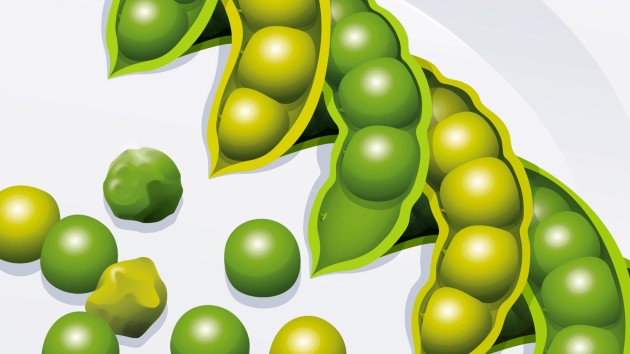 Celebrating Mendel
Celebrating Mendel
Gregor Johann Mendel, considered by many the ‘father of modern genetics’, was born 200 years ago, on 20 July 1822.
Image: P. Morgan, Springer Nature

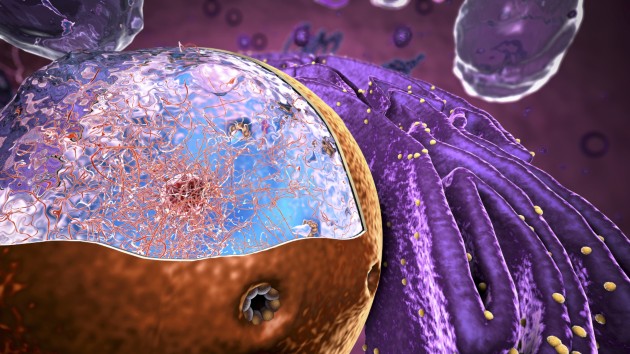 Mechanisms and impact of 3D genome organisation
Mechanisms and impact of 3D genome organisation